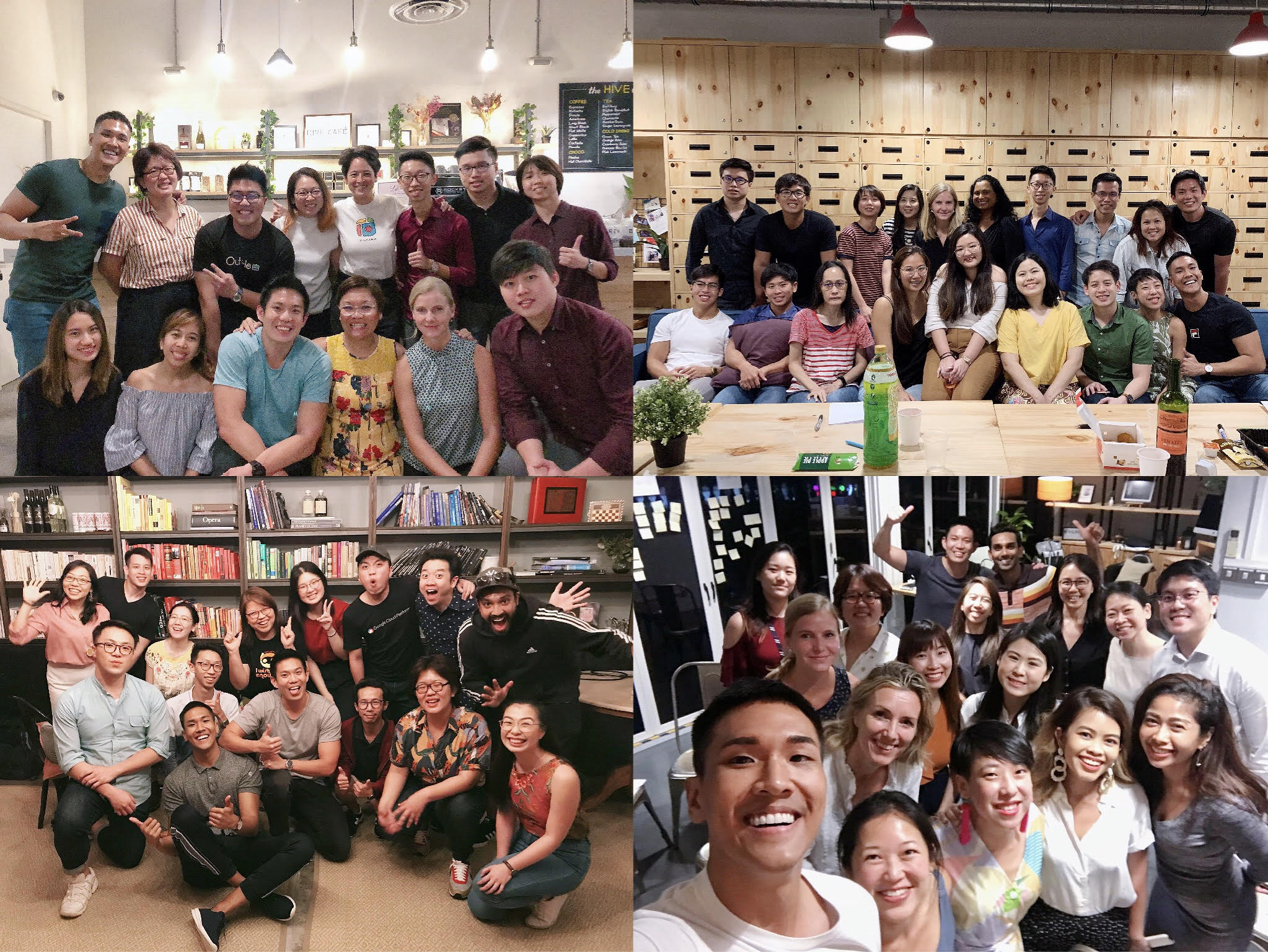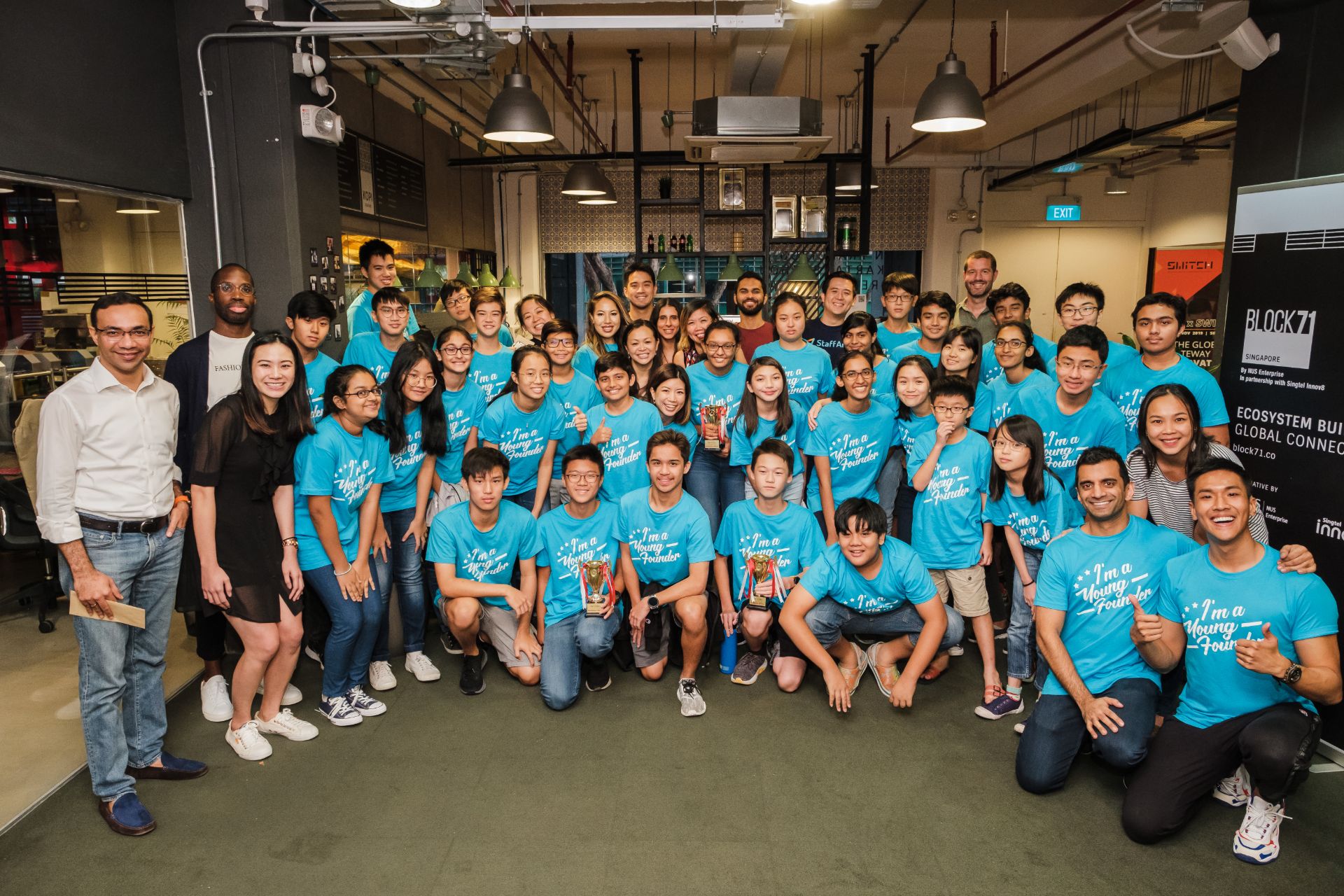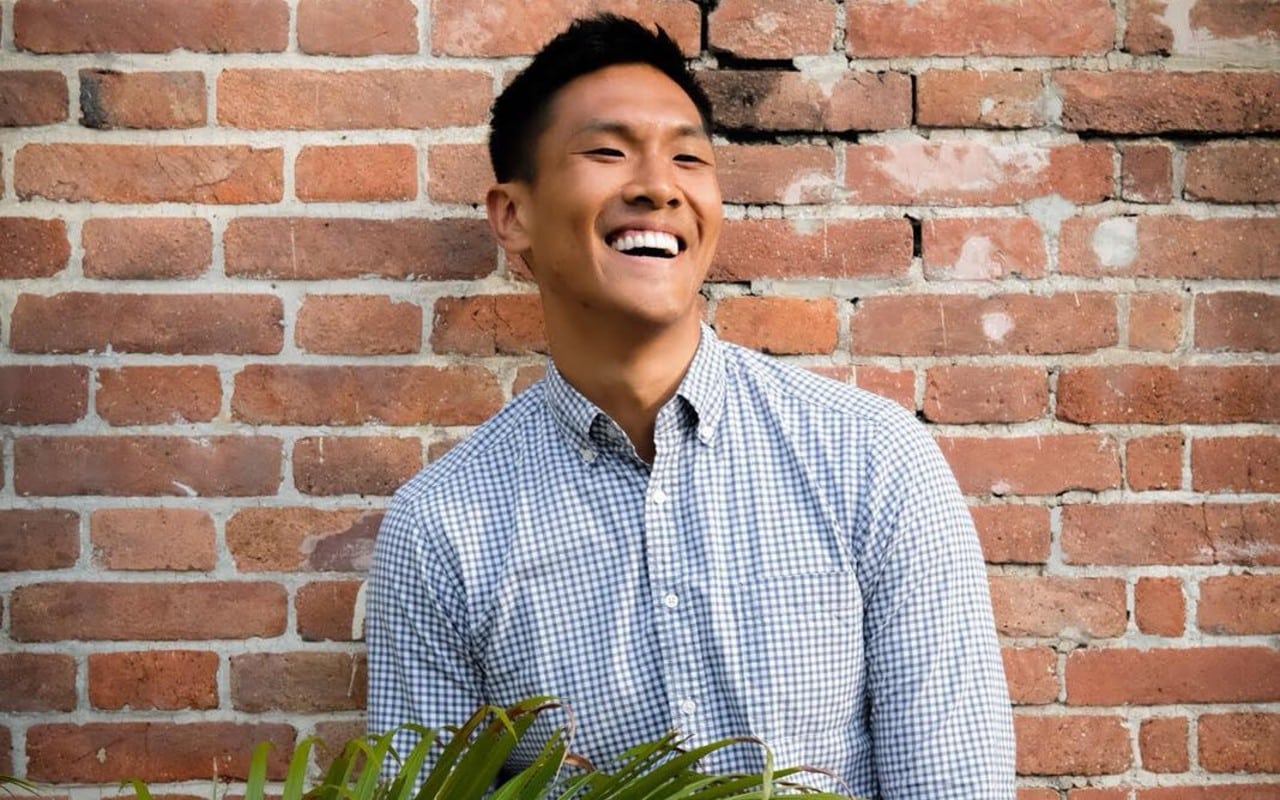Authors, Asa Mulchias and Zu Anjalika Kamis Gunnulfsen
Do you live your life at its best? Ask Andee Chua and he will tell you the most colourful life ever! Not only is he a community builder, he’s also a fundraiser, a digital marketer, a dancer, a model, and even a host! Can you imagine all of those combined in one profile?
Marketing In Asia contacted Andee Chua recently and talked massive things about his current focus at Kampung Collective, Young Founders and career journey so far. Can’t stop wondering where this huge energy is coming from as he’s done a lot of things in a short time!
Hi Andee! There are so many points that can be discussed with you. Let’s talk about Kampung Collective first. We are impressed as it is an amazing initiative. Tell our readers what it is all about, Andee.
Thanks for having me. Kampung Collective is a Community for Community Builders across Asia. Our core mission which seeks to Educate, Gather, Connect and Build are our key drivers to achieve our vision to elevate Community Building as a credible professional career.
It’s a safe space to connect with community builders across different industries and verticals – a support network and “extended family” for community builders so that we can all enjoy longevity in the community building space and avoid burnout. We share best practices, challenges and look into ways we can continuously learn, improve and help one another grow.
We’re really happy that Kampung Collective has grown quickly over the past 1 year. We have now over 300 community builders in the family – from 8 different countries, and we’re still constantly growing the community.
Honestly, the name Kampung Collective totally caught our attention. Why did you choose that name?
Kampung means village in Malay. And is understood in Southeast Asian countries like Singapore, Malaysia, Indonesia and even Brunei. My Co-Founder Alex Loh and myself wanted to create a safe space, like a kampung, where there were no fences or barriers to each other, where we could just pop our heads into the neighbours’ kitchen to borrow salt/sugar/rice, where we could leave our children in the neighbours’ house to be cared for without being worried about them. An example in today’s context would be knowing enough about two unconnected people in the same (or different) community, to be able to put both of them in touch with each other so they would benefit from the connection, and where the connector does not actually get any benefit.
It’s the sense of closeness and accessibility and dependability that make up one of our values to the collective. If you are a passionate community builder in Asia and wish to be part of this family, you can join us here.
Let’s talk a little about community building, which is the core of Kampung Collective. Why is community building such a buzzword these days, Andee?
“Community” has been seen as a buzzword for many years, and I supposed that is because not many people have been able to clearly define the role and its impact to companies. When you mention “Sales” or “Marketing” – as a term itself, people could easily identify specific job descriptions or understand its function to a company. It’s not the same for “Community”.
Different companies and industries use the word “Community” in different ways. Community managers in this spectrum end up doing different things, some in sales, some doing social media, some in HR, but most of them are just generalists, doing all the above. They often face burnout because the role seems to encompass everything that could fall outside of working hours and also pay scale; dealing with problems of each individual member within the community; not knowing how/when to switch off. There isn’t a clear career progression for community builders too.

Therefore, we started Kampung Collective with the hope to increase the longevity of the profession/role, and to provide more structure for in-route, progression, and possible divergent roles that a community builder could transit and move into in his/her working career. We aim to make a difference and be the knowledge bank for not just community builders but also industry leaders and HR practitioners to educate them on the meaning of “Community”.
You are also the Head of Singapore for Young Founders School, which is a non-profit organisation that brings entrepreneurship education to high school students globally. Why do you feel it is needed to teach our kids entrepreneurship at that young age?
Being willing to take risks and having the ability to accept and embrace failure is a unique skill that isn’t relevant solely in the business world. Incorporating an entrepreneurial mind set into one’s everyday life will help you to minimise the importance of failure and rejection in your life. It also pushes you to plan ahead, foresee potential problems and make positive changes. Our programmes at Young Founders School teaches exactly that to all the students, from as young as 11 to 18 years old. It’s never too early to start cultivating the entrepreneurial mind set and learning key 21st century skills that will be relevant and much needed in their lives.

You studied Multimedia Infocomm Technology & Arts Management in school. Why those subjects?
Honestly, I did Multimedia Infocomm Technology when I was back in Polytechnic because of my dad. He believes that Engineering and IT is a stable industry and I should be equipped with those skills. I went into Arts Management in my university because I was exploring the option of doing dance as a career and would love to learn more about managing an arts business. I didn’t really end up doing what I studied but I never regretted my choice. The teachings in Arts Management is pretty unconventional in a business management context – that has inspired me to think outside the box and innovate.
You are doing a lot of things; very diverse things – you dance, you model, you host, you are a digital marketer, you build community and besides all that, you raise funds and you are also a speaker. Where does all your energy come from, Andee?
I guess it all starts off with having Passion with what you do. Many people asked me this question of where I got my energy from – but truth be told, I never really feel tired nor feel that what I’m doing is a chore. I’m passionate with all the different stints I do in different phases of my life. I always focus on how I can add value to people’s life with what I do and I’m a believer of lifelong learning. I’m grateful that with everything that I’ve done over the past 30 years, I’m constantly learning new things every day and still challenging myself till date.
If you have to choose only one of the things you have done, what will it be and why?
To be honest, I love everything that I’ve done but if I really have to choose one – it will be dance. Those were the days where I’m much younger, not much commitment, and I somehow miss being on stage performing, teaching dance and choreographing a dance recital piece. It brings about a different sense of satisfaction and accomplishment.
You have branded yourself successfully. Can you give our readers some tips on how they can have a good personal brand?
I think it’s important to find your personal WHY – why you do what you do and why you exist. I personally follow a very clear “north-star” and I know what sort of value I want to bring to the world and people around me. And you have to make people feel, know and understand your WHY clearly. That’s the key fundamental of building a good personal brand. Think deeper than who you are on the surface, and create value for others.
If you can tell your younger self three things you know now for sure, what will they be?
First, find yourself a (or a few) long-term mentor. Mentorship is important at a young age. It provides you some guidance and direction to life and it’s always great to learn from someone’s experience. Secondly, it’s okay to fail – in fact, I wished I went through even more failures when I was young. It’s definitely a process that will mould and shape you into having more resilience and rewards you with valuable life lessons that you can’t learn from the books. Thirdly, build a strong network when you are still in school. Many of us focus only on academic achievements when we are in school and fail to look at the vast amount of opportunities we have in the campus.
I would love to tell my younger self to explore all those (hidden) opportunities, build deep and real connections with students from other faculties, teachers, lecturers, etc., as all these connections will become handy later.
For our readers who wish to contact you or know all about your initiatives, where can they go?
You can find me on LinkedIn and Facebook. Subsequently you can find out more about Kampung Collective and Young Founders School.
Do you have an article, infographic, podcast, presentation slides, press release or a key individual from your organisation that you'd like to highlight on Marketing In Asia? Head on over to Upload Your Content for more info.















